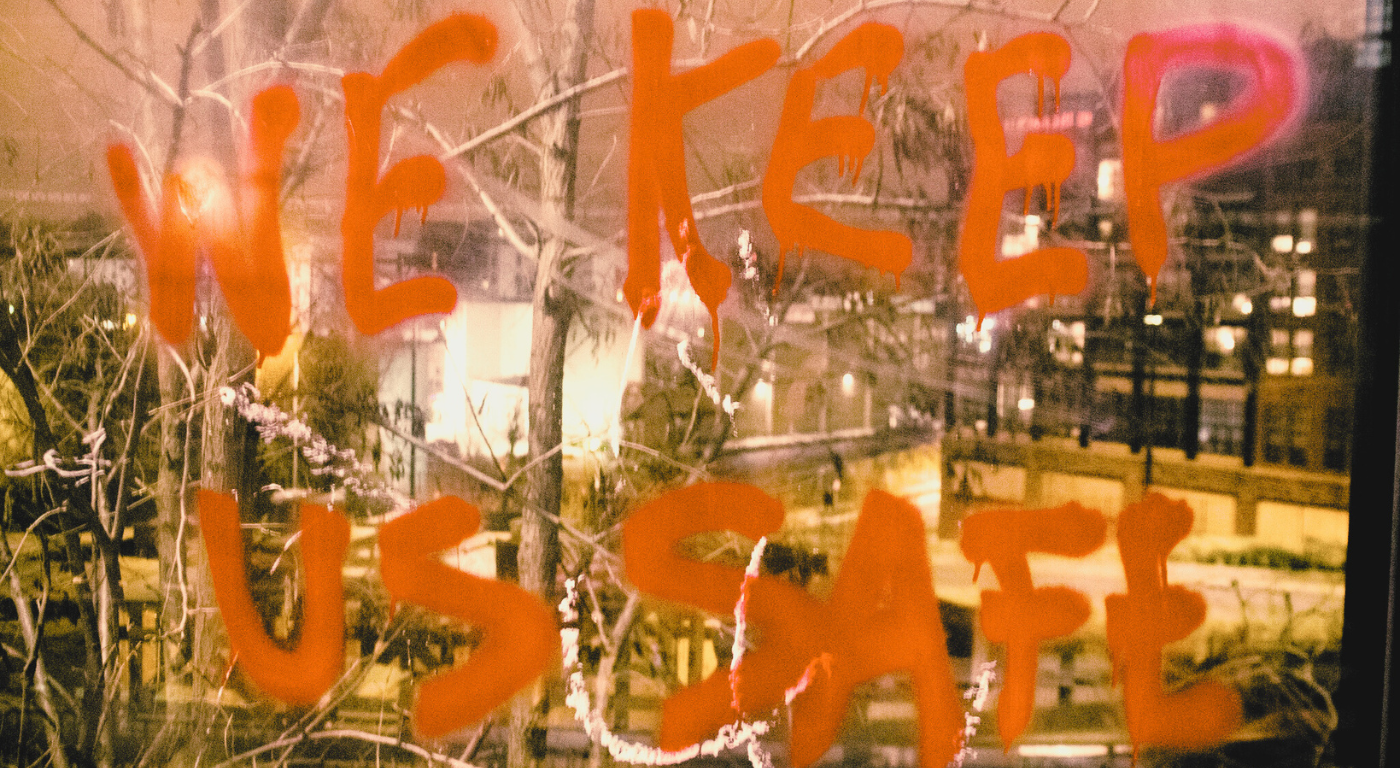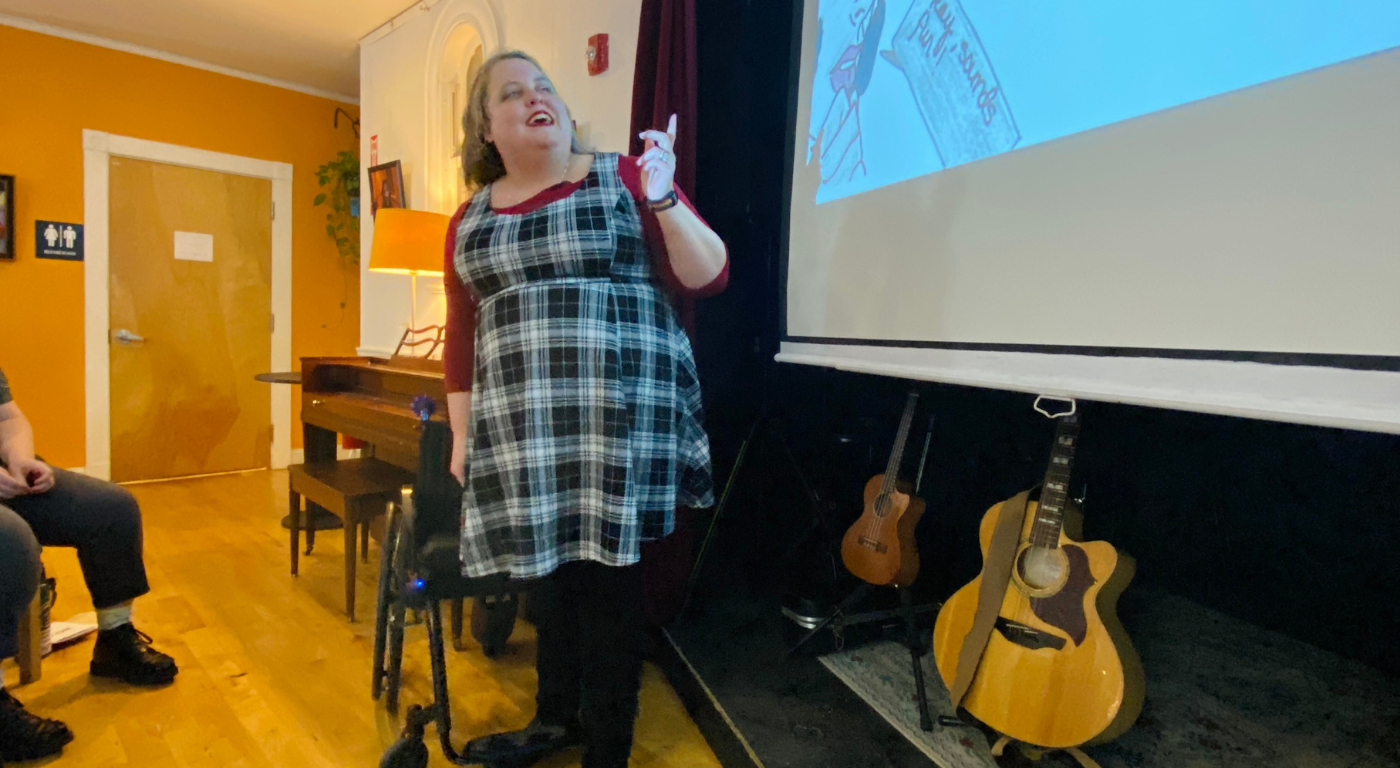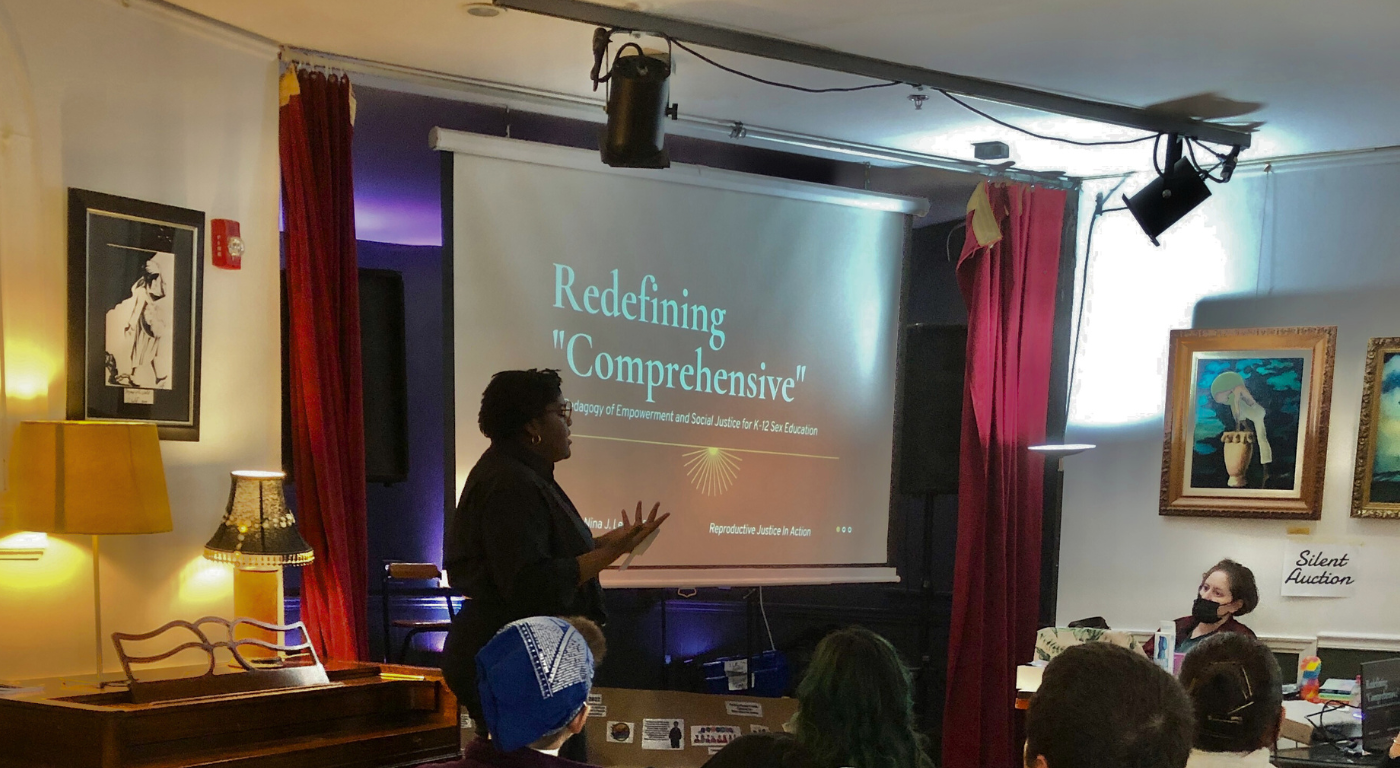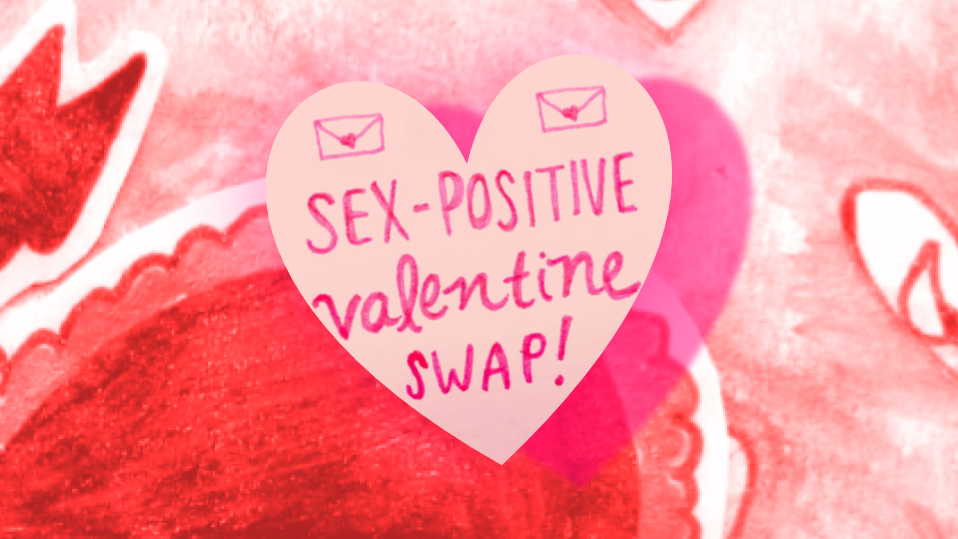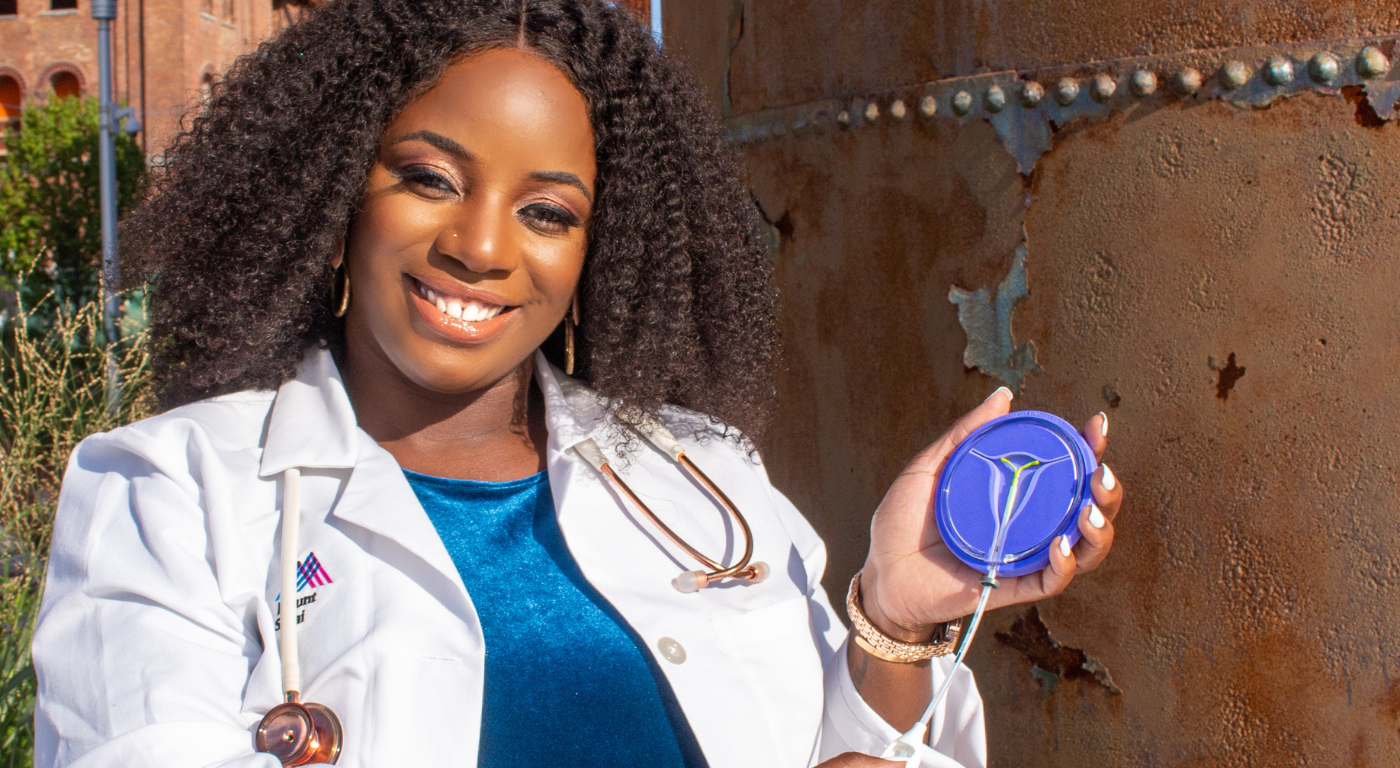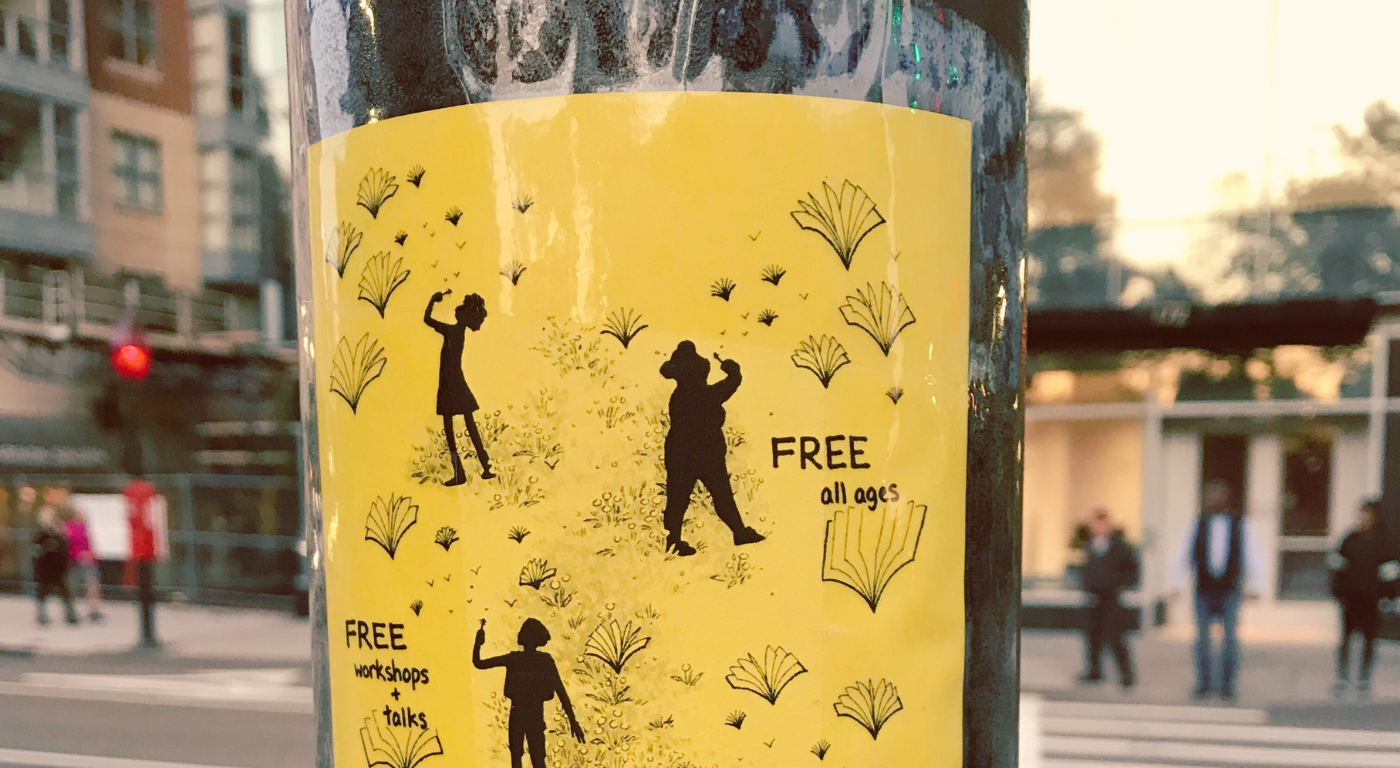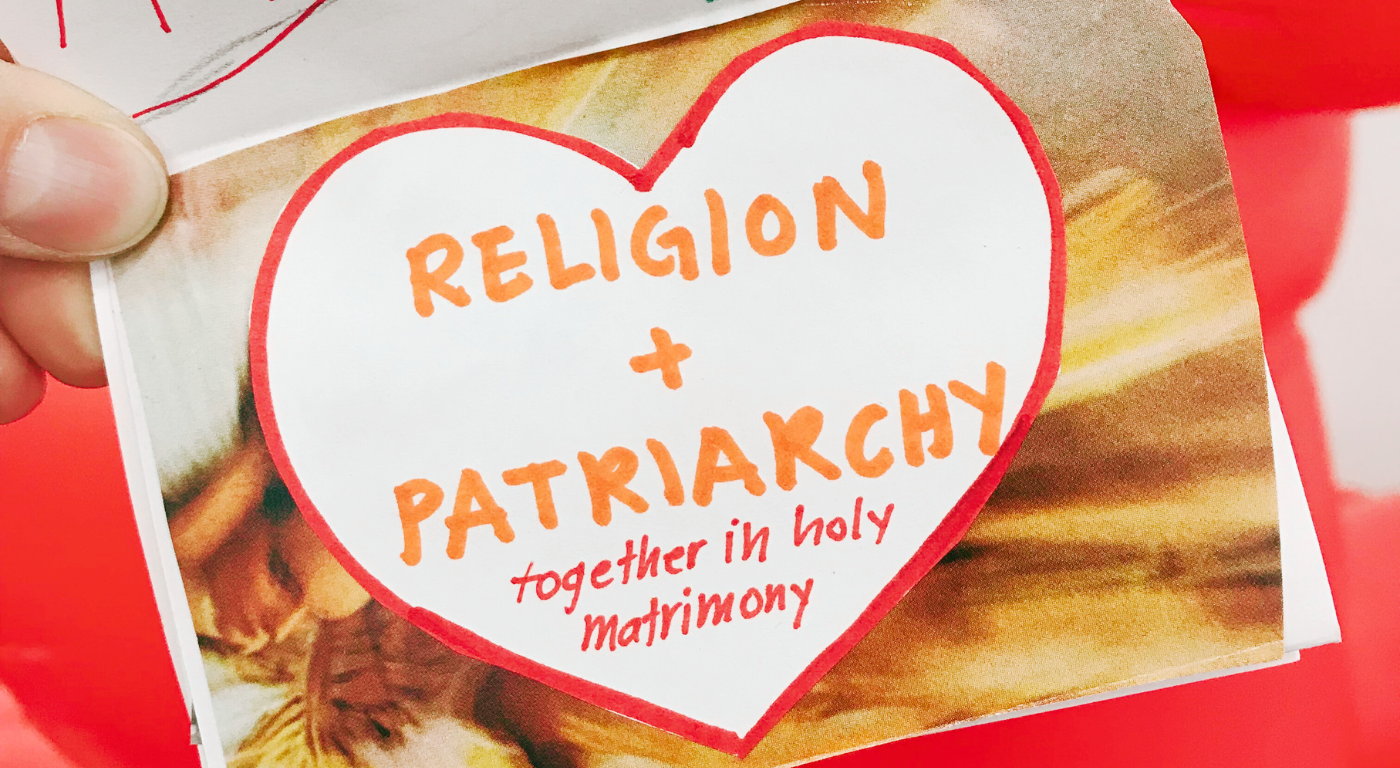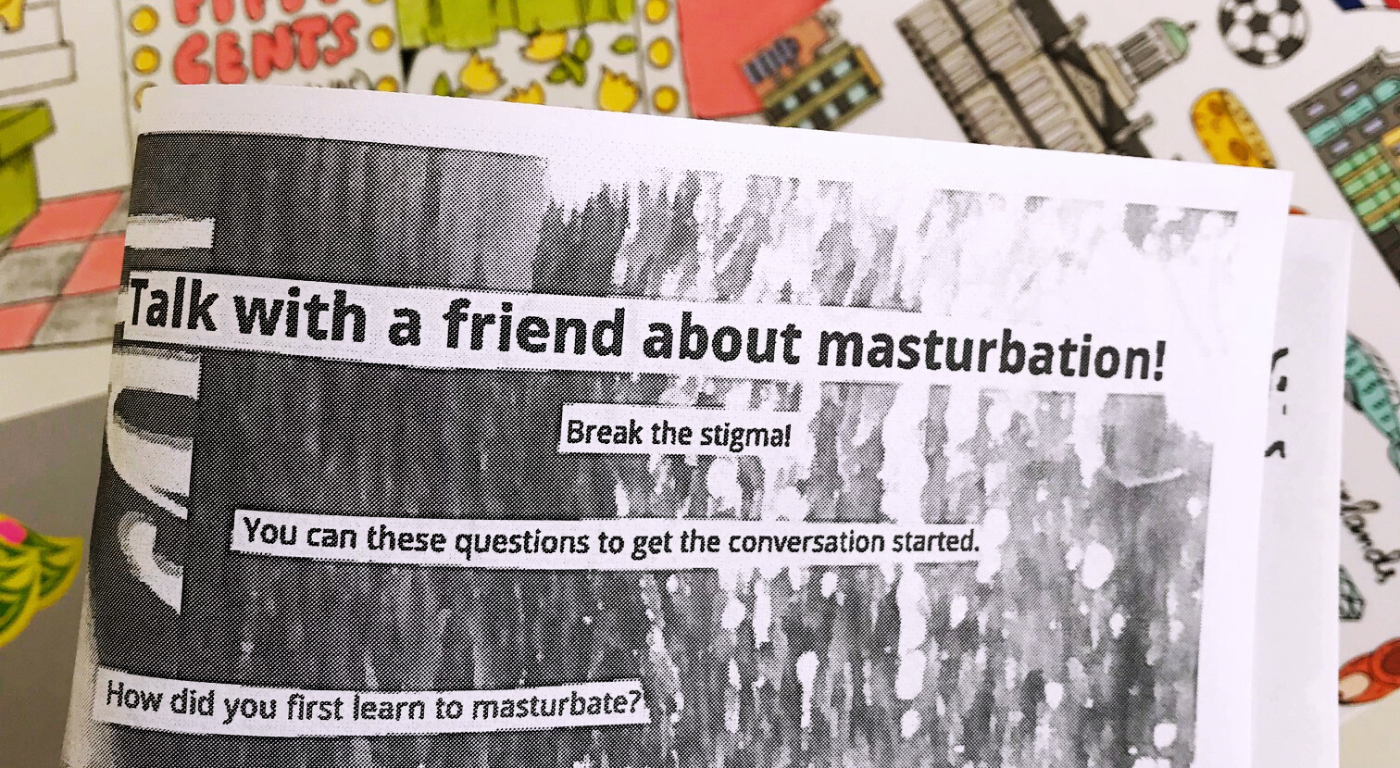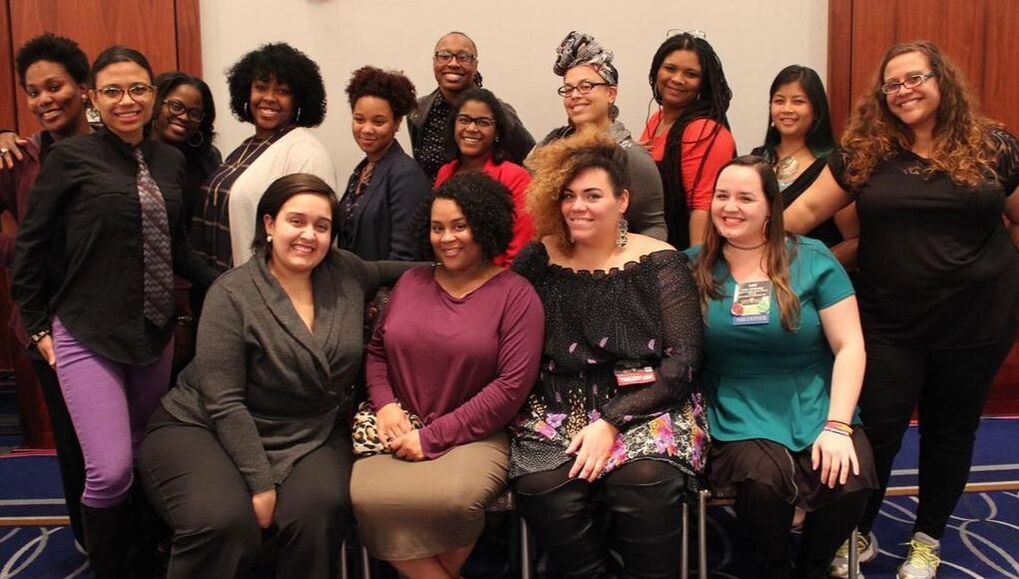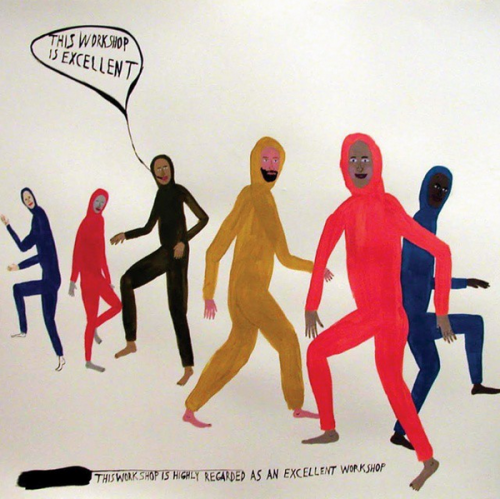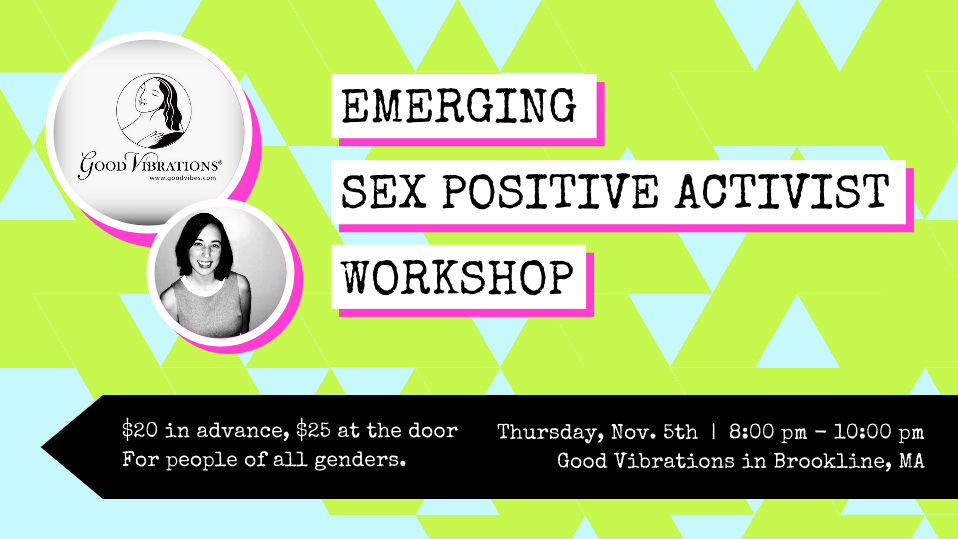|
Do you run a gay bar, arts center, school, meditation group, sex club, or other community-based business or organization? Conflict is bound to come up in community spaces, and the way that you respond to it as a leader in your community can have a big impact on the people involved, as well as the entire community. But what do you do if an allegation is made and you don't know who to believe?
A Showcase of Boston's Sexpertise12/10/2023 Reproductive Justice Salon Results3/11/2023 What did you do on the evening of February 11, 2023? We ask mainly because we are itching to tell you what we did that night, which was host the Reproductive Justice Salon! Our goal in hosting this event was three-fold: 1) raise money to donate to abortion funds across the country 2) speak out about pressing issues regarding abortion and reproductive justice and 3) create a space of community for activists and supporters of reproductive rights for people of all genders, everywhere.
Join our Sex-Positive Valentine Swap!1/17/2023 The Sex-Positive Valentine Swap is back! It's a free snail mail swap where you send handmade valentines with sex-positive themes to recipients we choose for you at random!
You Don't Learn About the Clit in Med School11/17/2022 An Interview with Gorjus Doc, aka Dr. Tasha Ramsey If you've ever seen a sexual anatomy diagram, I am willing to bet that it was based on a white person. As much as the sex-positive movement strives to combat oppression, it is still largely made up of middle class white people, and we aren't always as aware of intersectional oppression as we should be.
There is no universal definition of what it means to be financially accessible. What is accessible for one person might be very different from what is accessible for another.
I’ve talked to sex-positive event organizers who see a sliding scale ticket price that starts at $15 as being very financially accessible. My feeling is that even a scale that starts at $1 can be exclusionary for some people. If you’re broke and you’re figuring out where you’re going to spend money in a day, you might have $3 to spend on lunch, and if $1 of that is required for admission to an event that you are really interested in attending, then you're forced to decide between having some crackers (or whatever you can find for $2) and going to the event, or having a bagel (or another $3 lunch) and skipping it. Sex Education in the Bible Belt1/26/2022 The Bible Belt in the southern United States is known for its conservative values, which are largely influenced by the popularity of evangelical Christianity in the region. When looking at sex education, policymakers in the area tend to prefer abstinence-only-until-marriage education, if anything, to be implemented in schools.
Sex Ed in Gaza9/6/2018 An Interview with Gazan Sex Educator Mohammed Alkrunz While I was living in Jerusalem and trying to find sexuality-related initiatives in the area (for this zine), I came across the website of an organization called the International Youth Alliance For Family Planning (IYAFP for short). They’re a youth-run (ages 15 to 30) nonprofit that advocates for sex ed and sexual rights around the world.
So, you want to start a sex-positive student group at your school? That's great — here are some tips!
Pleasure Pie in 2017!1/14/2018 2017 was a tough year for the United States. Like many of you, we here at Pleasure Pie asked ourselves, "WTF should we do?" as things spiraled downward on a national level. Should we drop the sex-positivity stuff and do more direct political engagement? Should we stick to what we know, and push for a culture of consent and healthy sexual expression at a time when the need for this is even more visible than usual (with the "locker room talk" and allegations of sexual assault against so many politicians and celebrities)?
Really long intro (Feel free to skip this part)One of the first things I saw upon waking up this morning was a video of a keynote speech by the Women of Color Sexual Health Network (WoCSHN). They are currently at a conference that I am longingly following on social media called The Woodhull Sexual Freedom Summit
If your creations are physical items (zines, books, illustrations, art pieces, worksheets, stickers, etc.)
How to Plan Your Own DIY Workshop10/29/2015 By Nicole Mazzeo You, too can put on a workshop! You don’t need to be an official “educator” or have certification (or even a college degree).
You do need passion for the subject and willingness to put time and effort into it. And you should know a good amount about the topic you’re going to cover. I recommend reading things on the internet (or, you know, books) – and fact checking anything you want to use. You can do it! By Nicole Mazzeo
[The “Sparknotes” version is at the bottom, for people with limited time/attention spans.] I’m not talking about respect for a person’s right to choose whether or not to continue a pregnancy, or respect for a fetus’s right to life (no comment on either of those right now). I’m talking about respect for people who you disagree with. Your “opponents.” Have you ever heard a pro-choice advocate talk about “pro-lifers”? Or a pro-life advocate talk about … “pro-abortion-ers”? (Or whatever anti-abortion people call pro-choice people.) If so, it’s likely that you’ve heard this done in a way that paints the disagreeing party as bumbling idiots. Not just bumbling idiots, but conniving, deceitful, bumbling idiots with really bad intentions. |
|
Get Pleasure Pie Emails!
(not to be confused with Boston's Sex-Positive newsletter)
|
search the site
|
hello@pleasurepie.org

